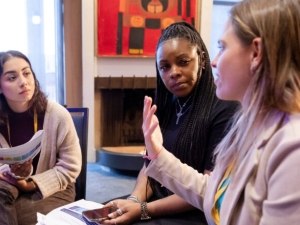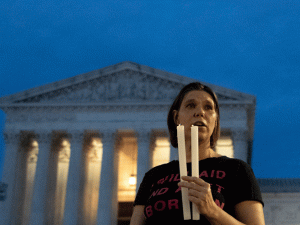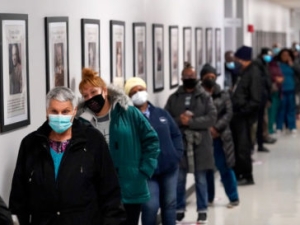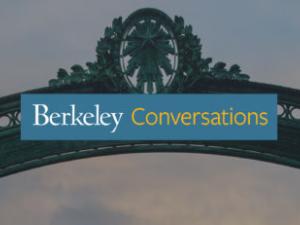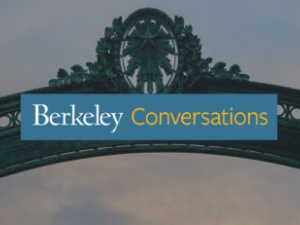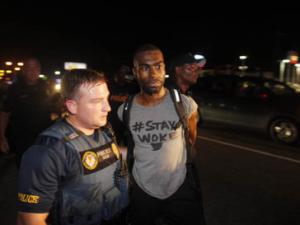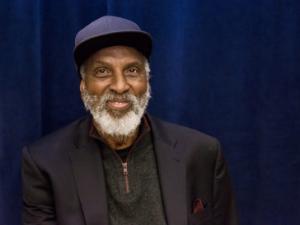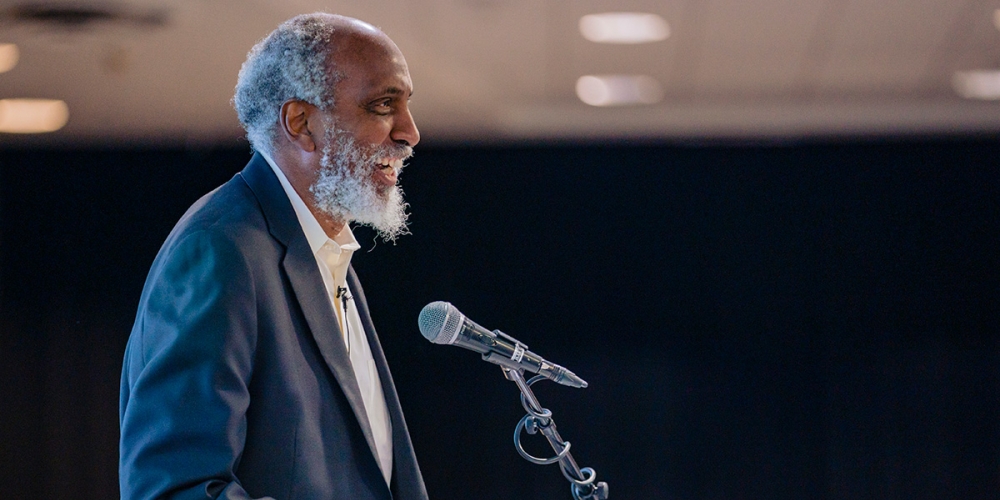

Research Bio
john a. powell is Director of the Othering and Belonging Institute and Professor of Law, African American, and Ethnic Studies at the University of California, Berkeley. He was previously the Executive Director at the Kirwan Institute for the Study of Race and Ethnicity at the Ohio State University, and prior to that, the founder and director of the Institute for Race and Poverty at the University of Minnesota. john formerly served as the National Legal Director of the American Civil Liberties Union (ACLU). He is a co-founder of the Poverty & Race Research Action Council and serves on the boards of several national and international organizations. john led the development of an “opportunity-based” model that connects affordable housing to education, health, health care, and employment and is well-known for his work developing the frameworks of “targeted universalism” and “othering and belonging” to effect equity-based interventions. john has taught at numerous law schools including Harvard and Columbia University.
His latest books are Belonging Without Othering, How We Save Ourselves and the World andThe Power of Bridging, How to Build a World where we all Belong.
Research Expertise and Interest
Civil rights and civil liberties, structural racialization, racial justice and regionalism, concentrated poverty and urban sprawl, opportunity based housing, voting rights, affirmative action in the United States, South Africa and Brazil, racial and ethnic identity, spirituality and social justice, needs of citizens in a democratic society
In the News
Holiday Gift Guide 2024: New Books by UC Berkeley Authors
In a Time of Tense Division, We Must See the Humanity in Our Opponents
Bridging Divides: From Anger and Mistrust to Belonging — and Hope
Facing Legal Peril, Trump Stokes Racial, Gender Resentment in His Base
Berkeley scholars say that by attacking the prosecutors and judges in his cases, the former president is trying to discredit the charges, rall



